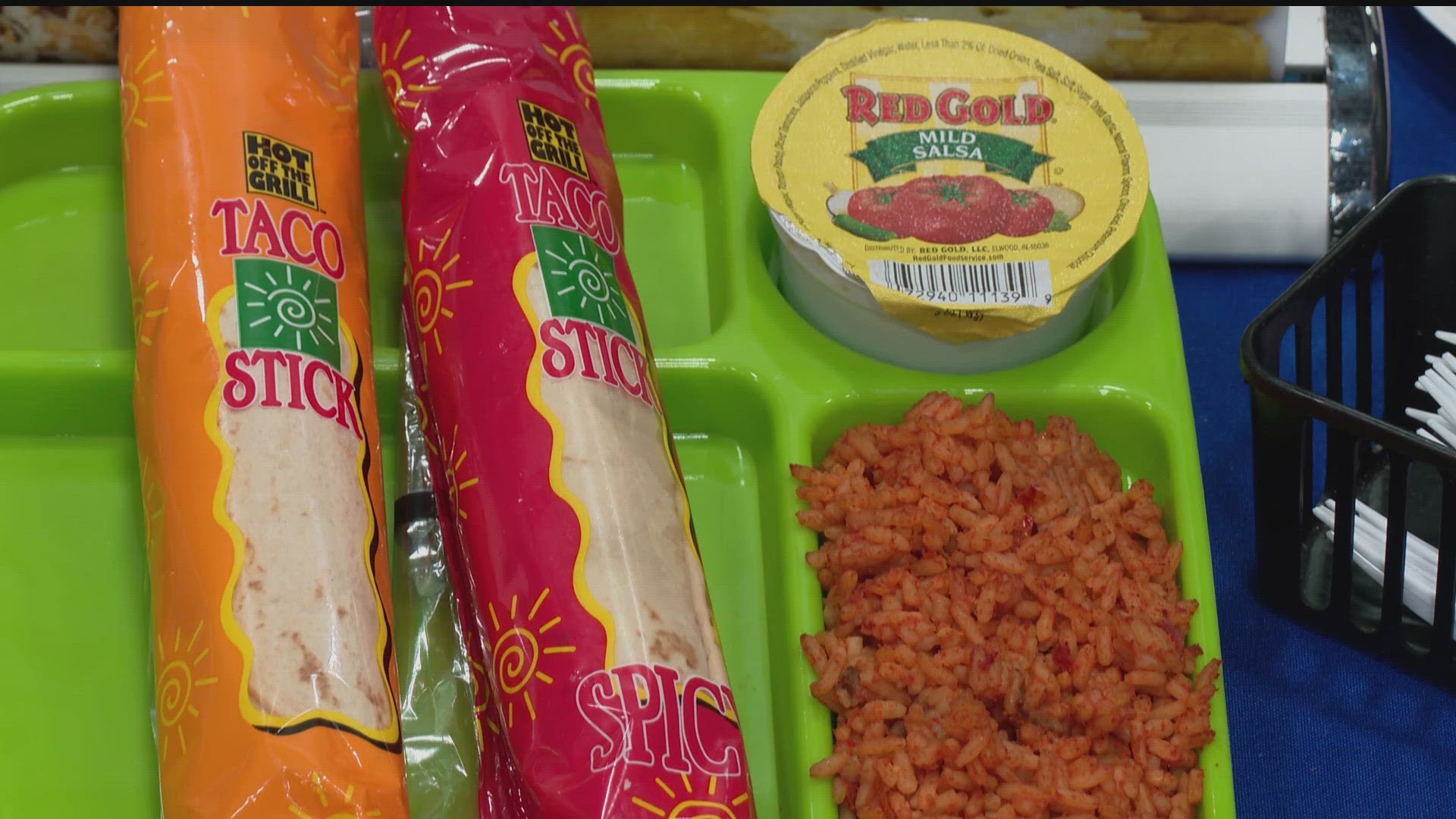ST. CLOUD, Minnesota — More than 650 school nutrition professionals are attending the Minnesota School Nutrition Association's (MSNA) 66th Annual Conference this week.
The state's largest school nutrition event comes just one month after a new law went into effect that provides free school breakfast and lunch to all students.
"We're expecting to serve more kids, more than ever, this year going to free lunches for all and breakfast for all," said Jess Pena, director of school nutrition for Red Wing Public Schools.
According to Pena, the district serves 2,700 students and about 67% take advantage of their lunches. With the new law, Pena is hopeful that number will rise to at least 70%.
"I think we had a really good run whenever we were doing our COVID meals so I think we're pretty well prepared. We're just going to go back to what we did during COVID. It's a little bit more strict but we're ready for it," Pena said.
At the conference, Pena was talking with vendors about expanding the district's breakfast options.
"With the free breakfast program, we're looking at more items that we can offer for breakfast. For some of our districts, they will begin a new breakfast program if they haven't had it in the past because they need that to participate in the free meals for their district," said Cheryl Pick, MSNA president and director of child nutrition services for Foley Public Schools.
The conference, which is being held at River's Edge Convention Center, includes exhibits from more than 100 companies. Education sessions are also being offered, including ones related to strategies for earning farm-to-school grants, smart kitchen budgeting and ways to reduce food waste.
"Our breakfast program has just been a little bit slow to start. We've been doing it for over 10 years. But now that it's free and we're allowing more time for it, I believe students will take advantage," said Emily Malone, child nutrition director for Prior Lake-Savage Area Schools and MNSA vice president.
Malone said they are seeing more vendors offer clean label and plant-based options.
"Healthy foods nourish your body and your mind and hungry kids cannot learn. They have short attention spans anyways and if they are hungry, behaviors increase," Malone said. "I just really feel that this is going to be ideal for the learning environment, as well."
Minnesota's program will cost the state about $400 million in a two-year budget period.
The Minnesota School Nutrition Association's 66th Annual Conference runs Aug. 6-9 in St. Cloud.
Watch more local news:
Watch the latest local news from the Twin Cities and across Minnesota in our YouTube playlist:

